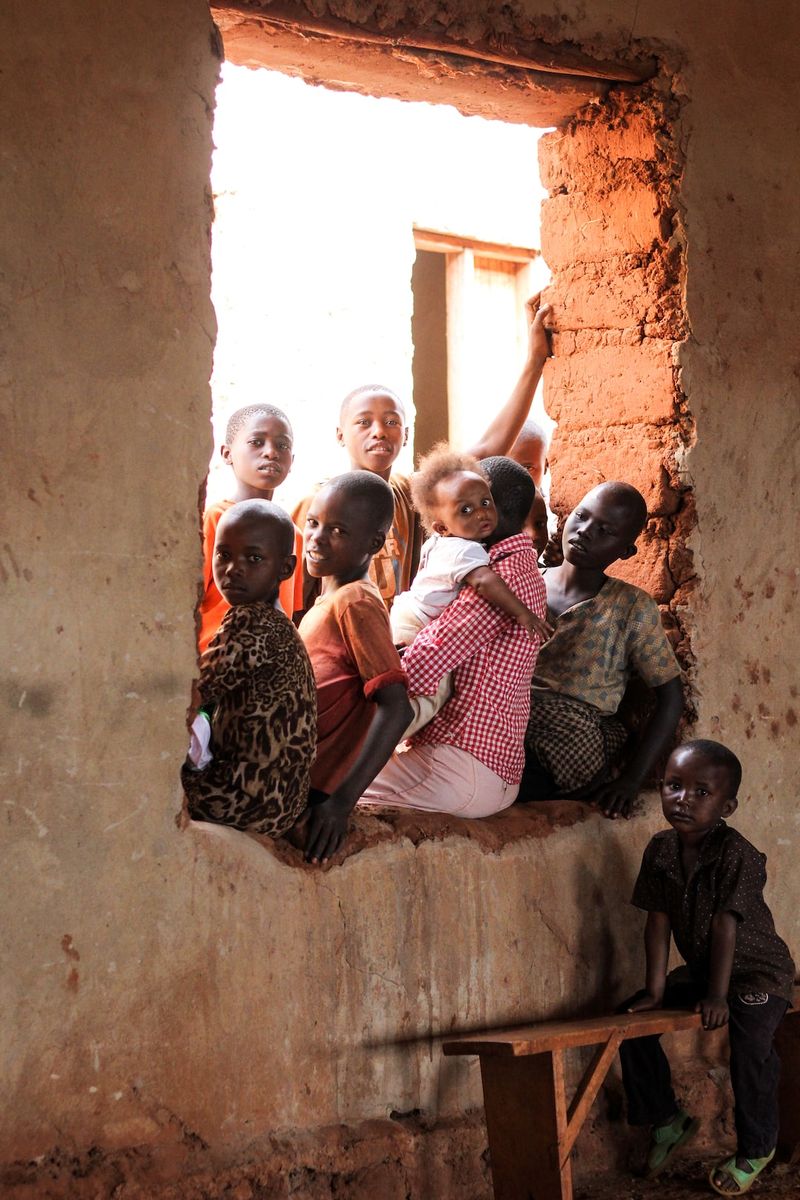Table of Contents
UN Tribunal Suspends Trial of Félicien Kabuga for Crimes Against Humanity in Rwandan Genocide
The trial of Félicien Kabuga, an alleged mastermind of the 1994 Rwandan genocide, has been suspended by a United Nations tribunal in the Hague due to his deteriorating health condition. Victims and their families have waited for years to see Kabuga held accountable for his alleged role in planning, ordering, and carrying out the genocide that claimed the lives of more than 500,000 Tutsi people. Kabuga, now 90 years old, was indicted by the International Criminal Tribunal for Rwanda (ICTR) in 1997 and is accused of being one of the major perpetrators of the genocide.
Kabuga’s Alleged Role in the Rwandan Genocide
According to media reports, Kabuga is accused of having acted as the chief financier of the Radio Télévision Libre des Mille Collines, which broadcasted instructions to erect barriers, carry out searches, named persons to be targeted, and pointed out areas to attack. He is also accused of aiding and abetting the Interahamwe, a militia attached to Rwanda’s then-ruling party, which hunted down and slaughtered ethnic Tutsi. Kabuga is facing charges of genocide, incitement to commit genocide, conspiracy to commit genocide, and crimes against humanity.
The Rwandan genocide was one of the most brutal in modern history. Between April and July 1994, approximately three-quarters of Rwanda’s Tutsi population was killed by Hutu political and military extremists, leaving more than half a million people dead. Many Hutu who tried to hide or defend Tutsi and those who opposed the genocide were also killed in the violence.
The Need for Judicial Authorities to Deliver Justice
Despite the passage of time, many high-level government officials and other key figures behind the genocide have been brought to justice. Rwandan courts carried out most of the trials, while the ICTR tried the highest-level criminal suspects. Legal proceedings continue to take place before domestic courts in Europe and North America.
Last month, the arrest of Fulgence Kayishema in South Africa gave renewed hope that fugitives alleged to have orchestrated the genocide would face justice. However, Kabuga’s suspension underscores the urgent need for judicial authorities globally to redouble efforts to deliver justice before it is too late.
Editorial: Justice Delayed is Justice Denied
Kabuga’s suspension of trial is a blatant example of justice denied for the victims of the Rwandan genocide. After years of waiting and hoping for justice, Kabuga will not be held accountable due to his deteriorating health condition. While it is understandable that the legal process should adhere to the principle of due process, justice delayed is indeed justice denied.
The failure to prosecute and punish those who orchestrated the Rwandan genocide sends the wrong signal to the world. The international community, including judicial authorities and governments, must recommit themselves to ensuring that all those responsible for the genocide are brought to justice, regardless of how much time has passed.
Philosophical Discussion: The Ethics of Punishment
The suspension of Kabuga’s trial raises ethical questions about punishment and justice. Given Kabuga’s age and failing health, some may argue that punishing him at this point would serve no meaningful purpose. Others may argue that regardless of his health condition, he should still be held accountable for the atrocities he allegedly committed. Where do we draw the line in punishing individuals for past crimes?
There is no easy answer to this question, but one thing is clear: impunity cannot be tolerated, especially for the gravest crimes against humanity. The pursuit of justice is essential for preventing future abuses and for building a more just society.
Advice: The Urgency of Justice
As individuals, we may feel powerless to affect change in the judicial system. However, we can take action by supporting organizations that fight for human rights and promote the rule of law. By donating to these groups or volunteering our time, we can help pressure governments and judicial authorities to recommit themselves to delivering justice to victims of human rights abuses, including those who suffered in the Rwandan genocide.
Furthermore, we can educate ourselves and others on the importance of justice and hold our elected leaders accountable for prioritizing the pursuit of justice for victims of human rights abuses. The fight against impunity is a long one, but it is a fight that we must wage together.

<< photo by Hanna Morris >>
You might want to read !
- “The Trial of Top Russian Human Rights Defender: Examining the State of Human Rights in the Country”
- Examining the Impact and Implications of American Churches’ Initiative to End Israel’s Apartheid
- The Urgent Need for International Efforts to Tackle Pakistan’s Deadly Heatwaves
- Opinion: The EU Must Step Up Pressure on Vietnam to Stop Human Rights Abuses.
- Uzbekistan’s Imprisoned Lawyer: A Test of the Country’s Reform
- Respect for human rights in China at risk as lawyer reporting torture is sentenced to jail
- A New Reparations Process Must Be Instituted to Address Germany’s Crimes Against Namibia’s Herero and Nama People
- The Alarming Rise in Deaths in Custody in Lebanon: A Call to Wake Up